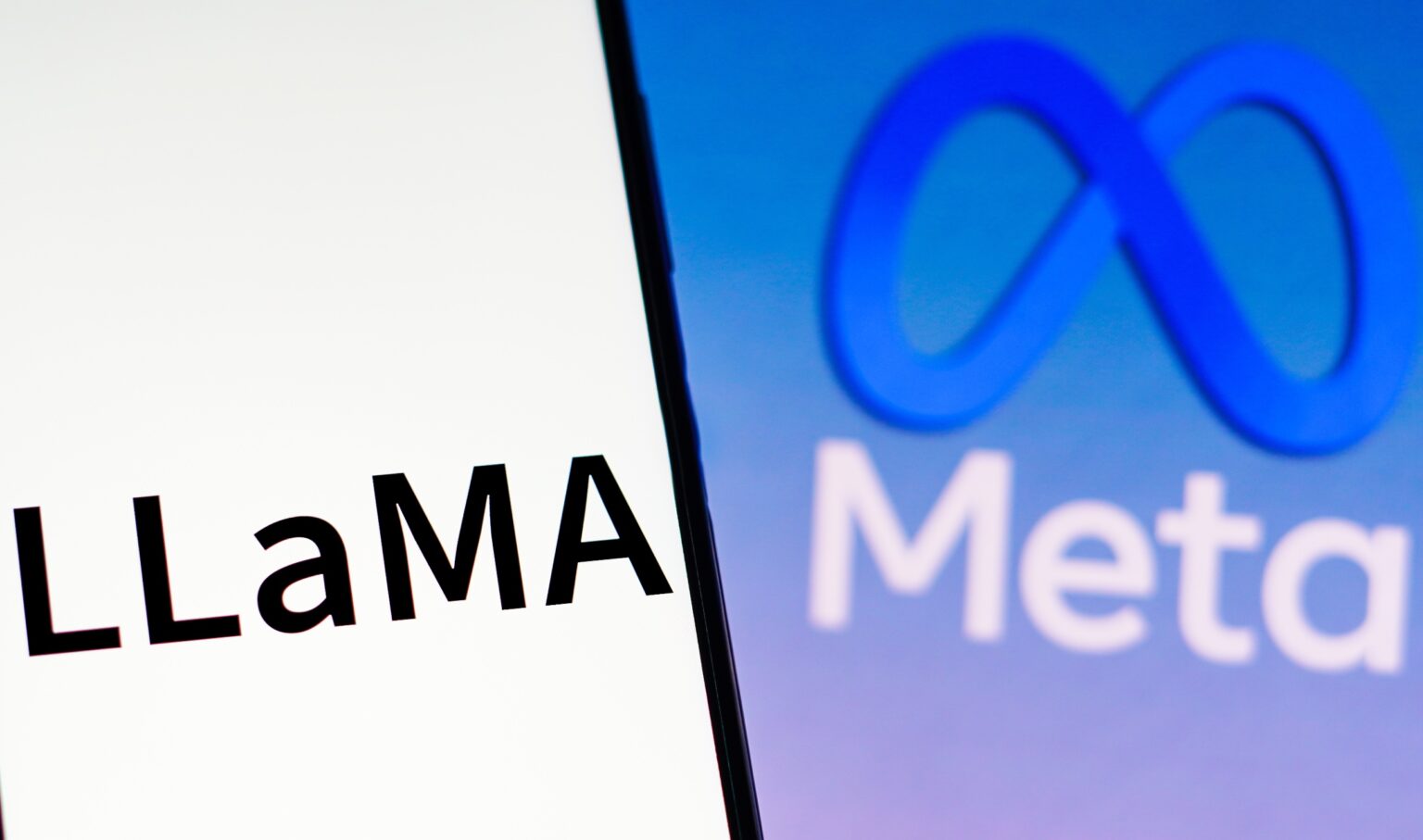Meta has rolled out its Llama 3 models for outside developers to use for free and users are already in love with its speed.
This comes as the social media platforms giant is increasing its pace in the AI race and experimenting to outpace OpenAI’s technology. The latest technology from Meta integrates real-time search, enhancing responses. The largest version of Llama 2, which was released last year had 70 billion parameters while the coming version of Llama 3 will have 400 billion.
Also read: Google Nigeria Launches AI Training for Female Journalists in Lagos
Open source versus proprietary models
With the release of the Llama 3 models, some enthusiasts who have already sampled it have started benchmarking it with OpenAI’s GPT-4. In their interactions on the X platform, most of them agree Llama 3 is ahead of GPT-4 in terms of its speed.
Apart from the speed, some users have indicated that what makes Llama 3 more attractive is the fact the model is for free and supposedly “safer” with “100% data privacy (no data leaves your machine).”
“Meta’s new AI—Llama3—beats an old version of GPT-4, Claude 2.1, and GPT-3.5!,” said a user identified as Jeremy Nguyen.
Other users quickly turned it into a battle of open source and proprietary models.
“We have just benchmarked Llama3-70B and it is on par with GPT-4-Turbo in answering USMLE questions,” posted Keno Bressem.
“This is the first time that an open source language model has matched leading proprietary models.”
Others described Llama 3 simply as “pretty great for an open source model.”
However, it appears the model is not immune to teething problems too.
“Agree that Llama 3 is crazy fast, but it gave me an inaccurate full form?,” posted Tejas Rane on X platform.
Meta's new AI—Llama3—beats an old version of GPT-4, Claude 2.1, and GPT-3.5!
You can run it:
– 100% free
– with 100% privacy (no data leaves your machine)See the comments for an easy way to install 👇 pic.twitter.com/Ox3aqRdFZT
— Jeremy Nguyen ✍🏼 🚢 (@JeremyNguyenPhD) April 21, 2024
Llama 3 in the Meta AI suite
Meta rolled out Llama 3 together with its newest image generator Imagine, as generative AI developments continue to catch the eyes of tech firms like Meta itself, OpenAI, Microsoft, and Google.
The release comes as Meta has been updating the version of its Meta AI assistant, reaching a wider audience after integrating it into platforms like WhatsApp, Facebook, Instagram, and Messenger.
The changes, according to Cryptopolitan will make Meta’s AI capabilities more accessible yet efficient to its numerous users with more superior models.
And the company has furnished Llama 3 with more superior coding capabilities to include text on top of the new pictorial data in training. Llama 2 trained on two trillion tokens while the large version of Llama 3 has over 15 trillion tokens, with OpenAI yet to publicly “confirm the number of parameters or tokens.”
Meta CEO Mark Zuckerberg said the goal for Meta AI to be “the most intelligent AI assistant that people can freely use across the world.”
“With Llama 3, we basically feel like we’re there,” Zuckerberg told The Verge.
According to The Verge, a much larger multimodal version is coming in the coming months.
Llama3 showing up on the LLM leaderboards beating GPT4 pic.twitter.com/HLqsThDbQb
— Tanishq Mathew Abraham, Ph.D. (@iScienceLuvr) April 22, 2024
A global AI assistant
Zuckerberg has hoped for an AI model that reaches across the globe. Although it had been available in the US only, Meta AI is now being rolled out in English to countries like Australia, Canada, Ghana, Jamaica, Malawi, New Zealand, Nigeria, Singapore, South Africa, Uganda, Zambia and Zimbabwe.
Roll out to more countries and other languages is expected but so far Zuckerberg feels the current number of countries is a far cry from his pitch of “a truly global AI assistant, but this wider release gets Meta AI closer to eventually reaching the company’s more than 3 billion daily users.”









 and then
and then